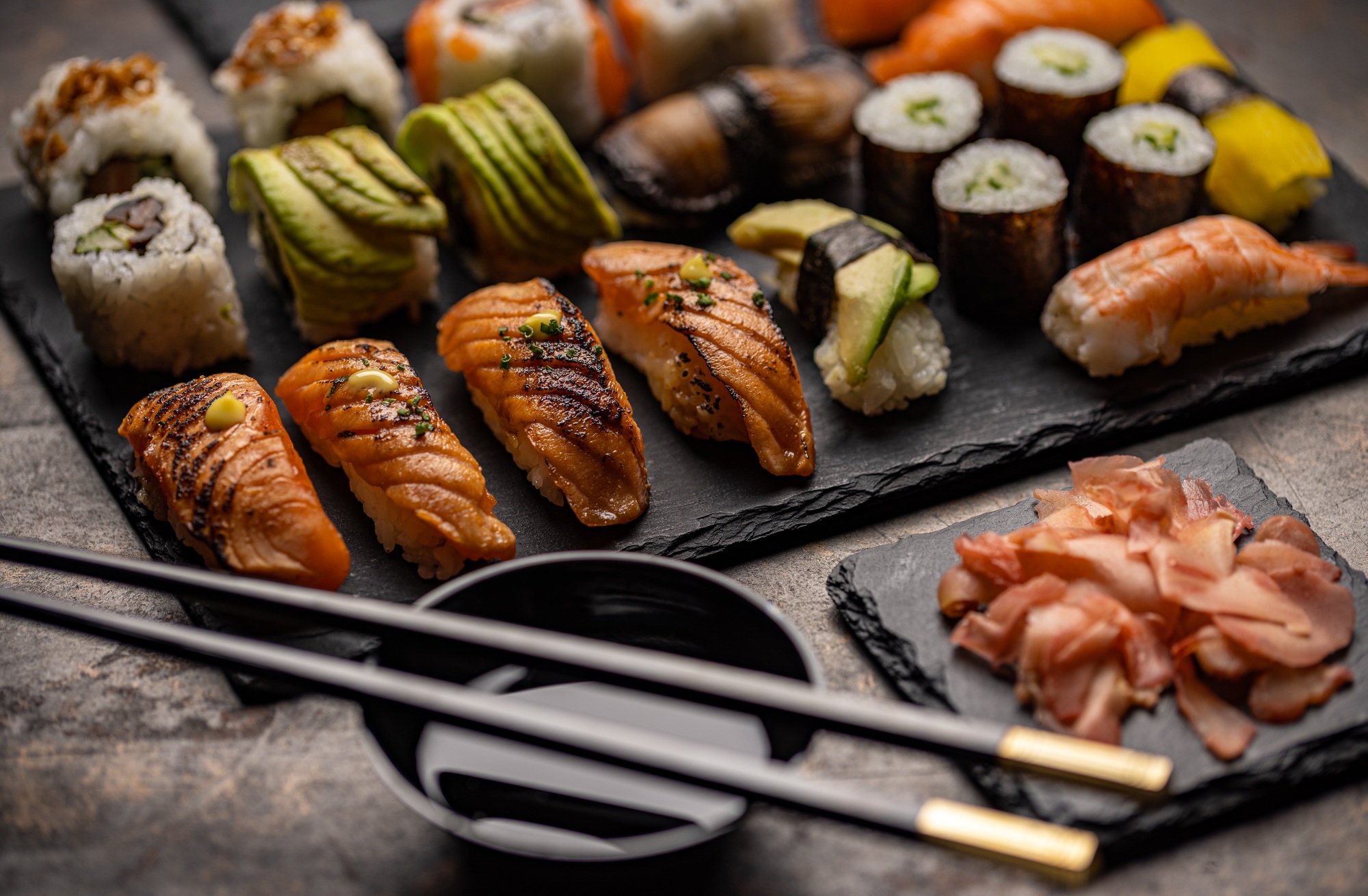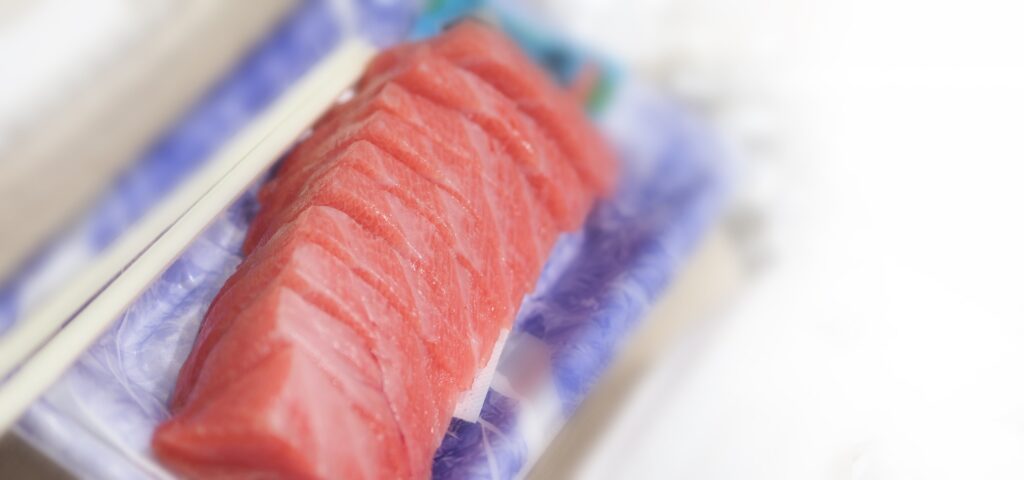Follow Me
Latest posts by MRPMWoodman (see all)
- Free History 7-Eleven 2025 - April 30, 2025
- Free History 7-11 Japan 2025 - April 30, 2025
- Free History 7-11 Thailand 2025 - April 30, 2025
Free history of 7-11 Thailand 2025
Seven-Eleven Japan Co., Ltd. (SEJ) was established in 1973 as York Seven by Ito-Yokado, a Japanese supermarket chain, in collaboration with the Southland Corporation, the American company behind the 7-Eleven brand. The partnership aimed to introduce convenience stores to Japan, leveraging Southland’s model. The first store opened on May 15, 1974, in Toyosu, Tokyo, operating from 7 a.m. to 11 p.m., a groundbreaking schedule for the time. In January 1978, York Seven rebranded to Seven-Eleven Japan.
Initially, SEJ faced challenges adapting the American convenience store concept to Japanese consumer habits. The launch of onigiri (rice balls) in 1978 marked a turning point, offering a portable, culturally resonant product that boosted popularity. By 1980, Japan had over 10,000 convenience stores, with SEJ leading the market. The company implemented advanced inventory and point-of-sale systems, enabling precise ordering and efficient supply chain management, which became a hallmark of its success.
SEJ expanded rapidly, listing on the Tokyo Stock Exchange’s Second Section in 1979 and moving to the First Section in 1981. By January 1988, it operated 3,251 stores, with 2,200 in the greater Tokyo area. The company diversified services, introducing utility bill payments in 1987 (starting with Tokyo Electric Power Company), followed by Tokyo Gas in 1988, and Dai-ichi Life Insurance and NHK in 1989. In 1999, SEJ partnered with major banks to install ATMs in all 7,780 stores, enhancing convenience.
In 1989, SEJ acquired 57 7-Eleven stores in Hawaii from Southland for $75 million, capitalizing on Southland’s financial struggles after a debt-heavy leveraged buyout in 1987. Southland’s mounting debt led to a Chapter 11 bankruptcy filing in 1990, and in 1991, Ito-Yokado and SEJ acquired a 70% stake in Southland for $430 million, effectively taking control. By 2005, SEJ completed a $1 billion tender offer to acquire the remaining shares of 7-Eleven, Inc., making it a wholly-owned subsidiary. That year, Ito-Yokado formed Seven & I Holdings to oversee SEJ, 7-Eleven, Inc., and other businesses.
SEJ continued to innovate, launching Seven Café in 2013 with fresh-brewed coffee machines and introducing services like issuing resident records through multifunction copiers. By 2019, SEJ achieved its goal of operating in all 47 Japanese prefectures with its first stores in Okinawa. As of 2023, SEJ operates over 21,000 stores in Japan, generating ¥5.3 trillion in sales (fiscal 2023), making it the country’s largest convenience store chain by sales and store count.
Under Seven & I Holdings, SEJ has shaped Japan’s “konbini” culture, offering fresh foods like bento boxes and onigiri, alongside services such as bill payments, ATMs, and parcel delivery. Its global influence grew as it refined the convenience store model, surpassing its American origins. Today, with over 85,000 stores worldwide, Seven & I Holdings remains headquartered in Tokyo, while 7-Eleven, Inc. operates from Dallas.






